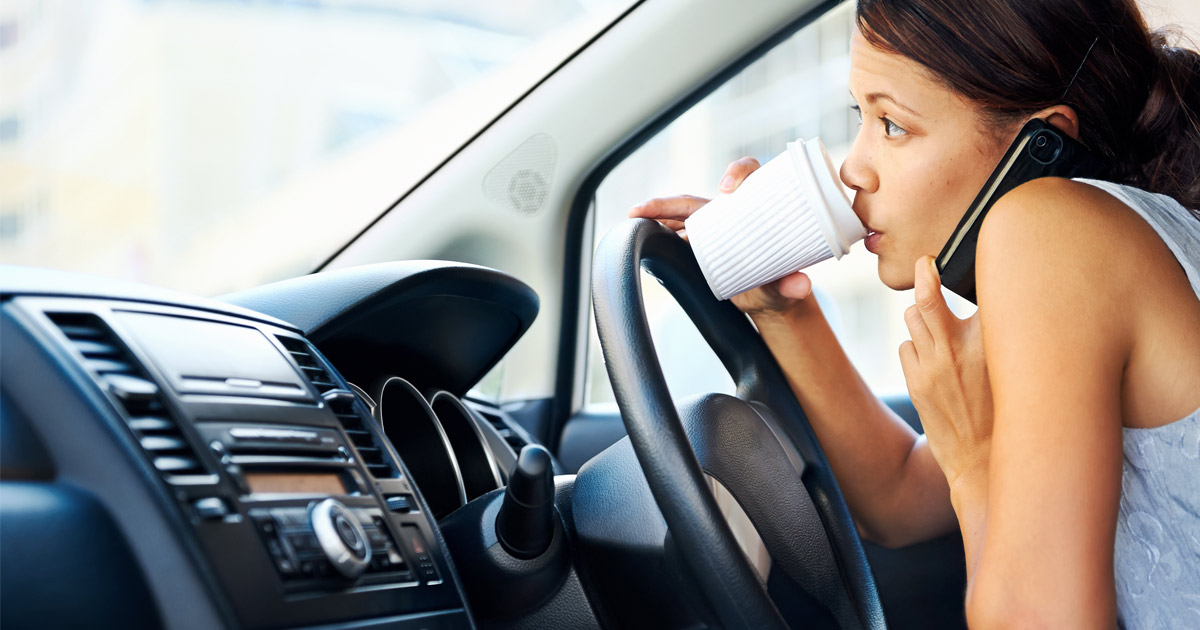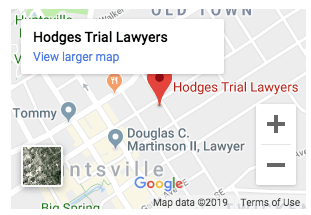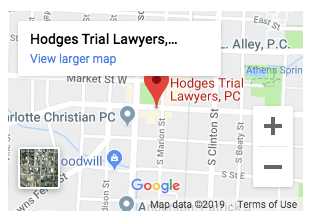Car wrecks are the leading cause of death and disability among young drivers, according to a study published in the American Journal of Preventive Medicine. Drivers are not the only ones in danger, though; teenage passengers are also at increased risk of being involved in car accidents.
According to the American Automobile Association (AAA) Foundation for Traffic Safety, motorists who are 16 or 17 years are 44 percent more likely to be involved in car wrecks when they drive with one passenger who is younger than 21 years old. The risk doubles with two passengers and quadruples with three or more passengers.
According to the National Highway Traffic Safety Administration (NHTSA), teenage drivers engage in riskier driving behaviors due to their lack of driving skills and experience. Car Crashes remain the leading cause of teen-related deaths.
A new poll conducted by the Mott Children’s Hospital shows that more than one-third of teenagers ride with young adult drivers at least once a week. Peer passengers can be dangerous distractions for teenage drivers.
What Causes Teenagers to be Distracted?
According to researchers at the National Institutes of Health (NIH), over half of teenage drivers monitored during their first year of driving were engaged in distracted driving before their car accidents. Distractions can be present in many forms, such as:
- Talking to passengers
- Reaching for objects in the car
- Cellphone use
- Eating or drinking while driving
- Navigational devices
- Music
What Else Contributes to Teen-Related Car Accidents?
Distracted driving accidents are not the only problems teenage drivers and passengers face. There are also other risk factors, such as:
- Not wearing seat belts, including passengers
- Drunk driving
- Drowsy driving
- Speeding
- Inexperience
How Can a Parent Protect Their Teen?
According to researchers at the Mott Children’s Hospital, approximately two-thirds of parents worry that their children will be in dangerous situations as passengers. Parents are influential for teenagers and can help them become better drivers. Therefore, it is important for a parent to set rules and limit their teenager’s driving privileges. A parent should be a good example for their child, they should always follow traffic laws.
How Can Risky Teen Driving Behaviors be Reduced?
The NHTSA provides some guidance on how to reduce risky driving behaviors. Parents play a huge role in making sure teens understand the rules and responsibilities of driving. Parents should inform their children of the legal consequences for distracted driving, drunk driving, speeding, or not following traffic laws.
Parents should also advise their teenagers to wear seat belts if they are riding as passengers. Also, teenage passengers should never distract drivers. Setting consequences for breaking the rules, such as restricted driving privileges or cellphone confiscations, can motivate teenagers to eliminate risky driving behaviors.
The Mott Children’s Hospital survey reveals that most parents try to limit how often their teenagers are passengers. Many parents also discourage their teenagers from riding with more than two other young adults in the car, driving after dark, and driving on the highway. According to the poll, 63 percent of parents have advised their teenagers on what to do if they feel unsafe as passengers. If a teenage passenger feels unsafe, they should ask the driver to stop the car, or they should limit distractions for the driver, such as managing cellphone use.
Graduated Licensing Laws in Alabama
All 50 states now have some type of graduated licensing laws, which involve stages of license privileges for new drivers. In Alabama, there are three stages:
- Stage I: Authorizes a teenager who is 15 years old and older to only drive when accompanied by a parent, legal guardian, or licensed driver.
- Stage II: A driver must be 16 years old or older and have permission from their parent, grandparent, or legal guardian to drive without supervision. They must also pass a road skills examination and agree to certain restrictions.
- Stage III: A teen driver who is 17 years old or older must have a Stage II license for at least six months before applying for a Stage III unrestricted license.
These laws also typically have passenger restrictions for new drivers. For example, in Alabama, drivers who are 16 and 17 years old who are licensed for less than six months may not have more than one non-family passenger.
What Should a Passenger Do After a Car Accident?
In Alabama, an injured passenger is only able to sue a driver under specific circumstances, according to the Alabama Guest Statute. A passenger is only able to collect damages if the accident was caused by willful or misconduct by the driver. Distracted driving may fall under this category.
Since Alabama has strict laws, it is important for an injured passenger to consult with an attorney. A knowledgeable lawyer will evaluate the case, collect evidence, and build a strong case for an injured passenger.
Huntsville Car Accident Lawyers at Hodges Trial Lawyers, P.C. Protect Passengers Injured by Negligent Drivers
If your teenager was hurt by a reckless driver, contact one of our Huntsville car accident lawyers at Hodges Trial Lawyers, P.C. We handle a wide range of personal injury cases, and we can help an injured teen passenger get compensation. For a free consultation, complete our online form or call us at 256-539-3110. Located in Huntsville and Athens, Alabama, we serve clients throughout North Alabama, Madison County, Limestone County, Marshall County, Jackson County, Morgan County, and Lauderdale County.



